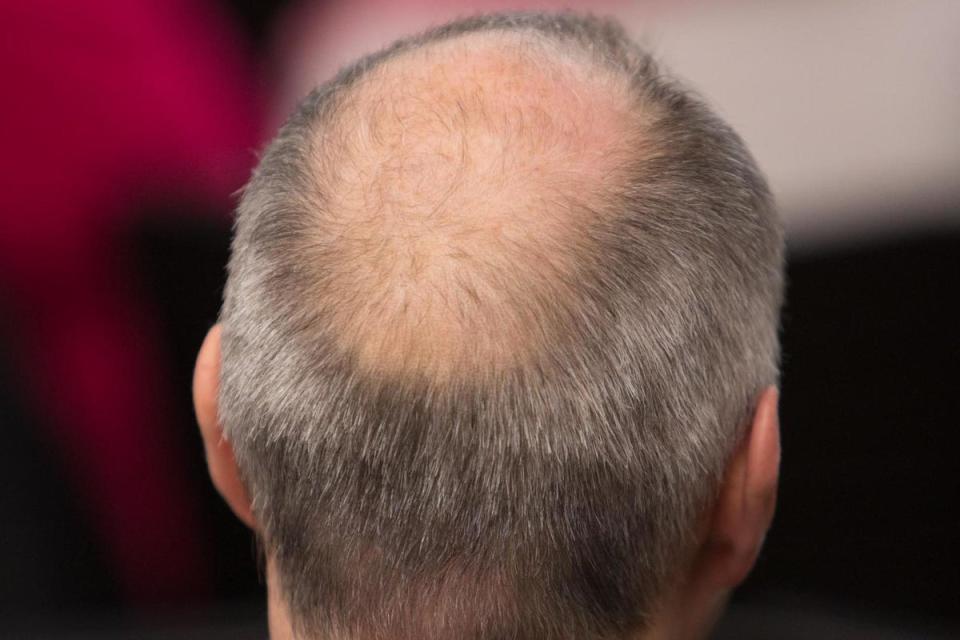What is alopecia? Lili Reinhart opens up about condition

Lili Reinhart has revealed that she is suffering from alopecia “in the midst of a major depressive episode”.
The 27-year-old Riverdale star opened up about her condition on social media, sharing a picture of herself being treated with a red light. The therapy is seen as an effective treatment option as it can help stimulate hair growth.
Addressing her TikTok followers, Reinhart lip-synced to a popular TikTok tune that said: "I’m pushed beyond limits of what a person should be pushed to endure.” She also captioned the post: “Red light therapy is my new best friend.”
Lili was quickly inundated with supportive messages and several fans revealed they have alopecia.
"Thank you for using your platform to bring awareness to this. I have alopecia and my health and depression make it worse. sending love," wrote one.
Another added: "Welcome to the alopecia family! It’s not that bad but I get the frustration."
Others also wanted to know more information about what alopecia is and what its symptoms are.
Lili is one of many celebrities who have spoken about alopecia in the past, as well as Made in Chelsea's Olivia Bentley, Louis Theroux and former Little Mix star Jesy Nelson. But what is alopecia and is there any way to treat it?
What is alopecia?
Alopecia is a general term for hair loss and there are a number of reasons why a person can develop it. According to Alopecia UK, there are various types of alopecia linked to things such as autoimmune conditions, vitamin deficiencies, stress, cancer treatment and psychological issues.
It's not always clear exactly why a person develops alopecia but anyone can be affected at some point in their life.

In fact, it may be more common than you think. Around eight million women in the UK are reported to suffer from some sort of hair loss. Over 85 per cent of UK men will experience androgenetic alopecia (male pattern baldness) by the time they are 50 years old.
How do I test for alopecia?
If you notice more than usual hair loss, you are probably experiencing some form of alopecia. The next step would be to consult your doctor or a dermatologist to check if you are suffering from alopecia and, if so, to find out what type of alopecia you have.
Once you know what might be causing your alopecia, your doctor can guide you on how to reduce the hair loss.
Can you treat alopecia?
Treatment and recovery for alopecia vary depending on the type of alopecia you're suffering from. For example, there is no cure for alopecia areata, but hair can grow back in other instances of alopecia. What's more, multiple treatments, such as topical creams and medication, can help with alopecia.
In Lili's case, the actor uses red light therapy to reduce alopecia by encouraging more hair growth.

 Yahoo News
Yahoo News 
